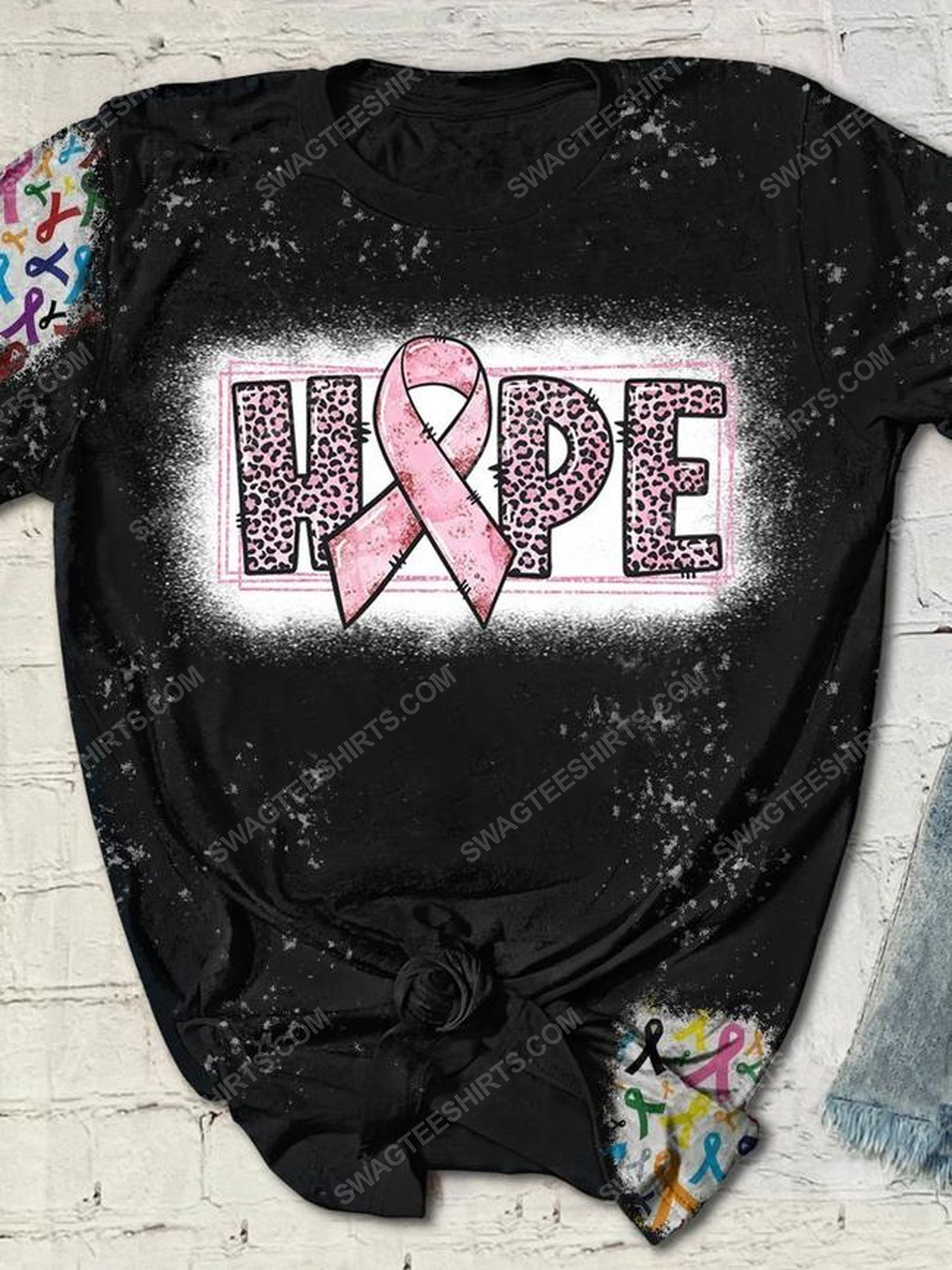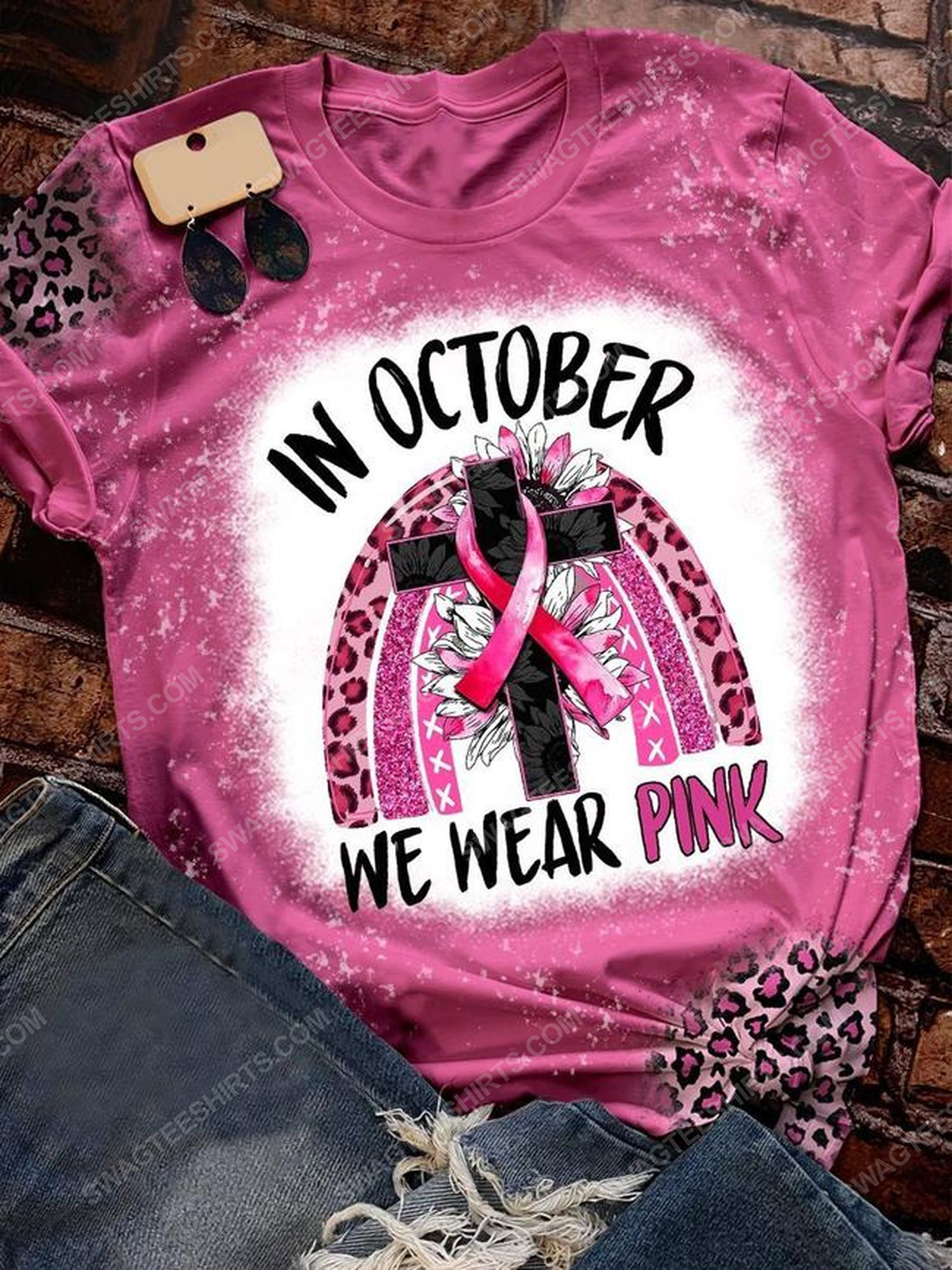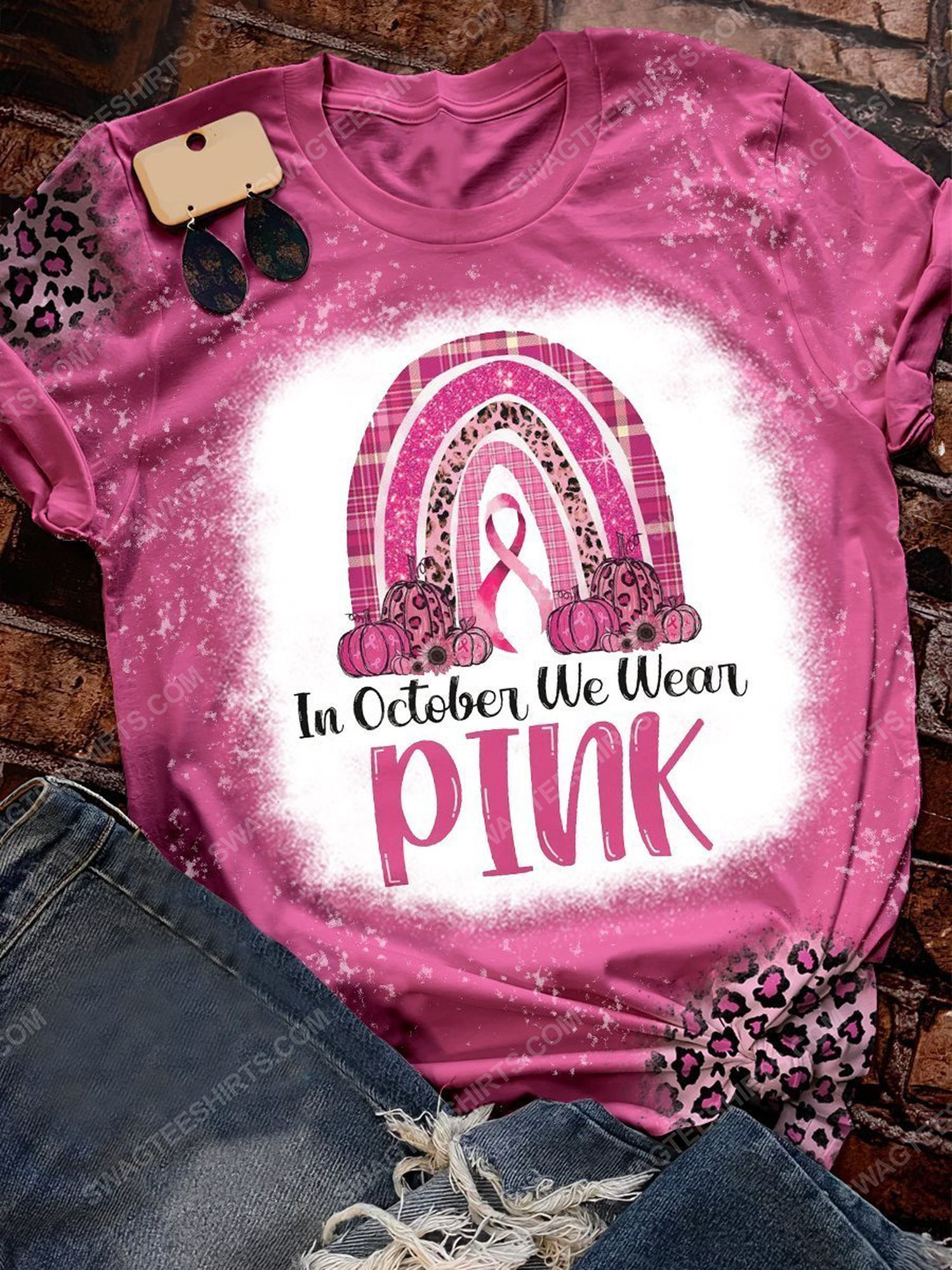No products in the cart.
Healthy
The Quality of Life of Young Breast Cancer Survivors May Be Affected by Surgery Options
According to a new study, the type of surgery selected by young women with early-stage breast cancer may have an impact on their quality of life years later. Researchers discovered that women who had one or both breasts surgically removed (a unilateral or bilateral mastectomy) had worse quality-of-life scores than women who had surgery to remove only the tumour and some neighbouring healthy tissue (breast-conserving surgery), indicating a worse quality of life.
The Quality of Life of Young Breast Cancer Survivors May Be Affected by Surgery Options
As part of their follow-up, the researchers emailed 560 young breast cancer survivors (40 years or younger at the time of diagnosis) a questionnaire called BREAST-Q to complete. The women were asked about their happiness with their breasts following surgery, their psychosocial well-being (e.g., anxiety levels), and their sexual well-being, among other things. The answers varied depending on whether a woman had undergone breast-conserving surgery, unilateral mastectomy, or bilateral mastectomy in each of these locations. According to findings published in JAMA Surgery on September 10, women who had a mastectomy followed by radiation therapy had the lowest scores, indicating a lower quality of life. “Surgical decisions made by women with breast cancer can have an impact on their long-term quality of life,” said Laura Dominici, M.D., the study’s lead author and a surgeon at the Dana-Farber Brigham Cancer Center. “As doctors, we need to talk to our patients about surgical alternatives so that we can assist them understand how the treatment they pick will effect their quality of life,” Dr. Dominici added.
Choosing a Surgical Treatment Plan
When a woman is diagnosed with early-stage breast cancer, she frequently has a number of surgical options. According to studies, the various surgical methods had equal survival rates and chances of cancer recurrenceExit Disclaimer. Surgical problems, on the other hand, are more common with mastectomy than with breast preservation surgery. Despite the similar outcomes, a rising percentage of women with early-stage breast cancer in the United States opt for mastectomy. Women with early-stage cancer in one breast who select a contralateral prophylactic mastectomyExit Disclaimer—surgery to remove the second (healthy) breast—are included in this group.
Dr. Dominici explained that the majority of the study participants had early-stage breast cancer and would have been good candidates for breast-conserving surgery like a lumpectomy. Despite this, 72 percent selected a mastectomy (20 percent unilateral mastectomy and 52 percent bilateral mastectomy) and 28 percent breast-conserving surgery. The BREAST-Q questionnaire was completed by study participants 5.8 years following their cancer diagnosis. The majority were White, married, financially secure, and had a college education. The survey asks patients to rate a variety of concerns on a scale of 0 to 100, with higher scores indicating a better outcome. BREAST-Q inquires about how well their breasts match, how they feel to the touch, and how they appear in and out of clothing in the area of breast satisfaction. The survey includes inquires about a woman’s social confidence, emotional wellness, and self-esteem.
Incorporating Study Findings into Patient Counseling
In an accompanying editorial, Monica Morrow, M.D., a breast surgeon at Memorial Sloan Kettering Cancer Center, argued that the findings of the current study should be integrated into patient counselling. Dr. Morrow stated that conversations concerning the merits of mastectomy versus breast-conserving therapy should include the poorer quality-of-life scores after mastectomy compared to breast-conserving therapy. Women with early-stage breast cancer have a low risk of acquiring cancer in the other (contralateral) breast, she explained. This information, combined with the lack of a survival benefit and an increased risk of surgical complications with mastectomy, should be communicated to patients, she writes. She noted, “A surgeon’s admonition against contralateral prophylactic mastectomy is a major barrier to its usage.”
Breast Cancer Surgery Trends
Just as mastectomies have become increasingly widespread, so has the use of radiation therapy following a mastectomy. Notice of Exit. Given these trends, the researchers concluded that the study’s findings of lower breast satisfaction among women who have a mastectomy—particularly those who get radiation therapy after breast reconstruction—are “concerning.” “It’s critical for us to be able to advise patients that if they select a mastectomy, and especially if they have post-mastectomy radiation, they may have a lower quality of life,” Dr. Dominici said. According to Emily Tonorezos, M.D., head of the National Cancer Institute’s Office of Cancer Survivorship, “the results of this study highlight the need of performing research on cancer survivors so that women considering breast surgery can be informed about quality-of-life issues.” “These surgical treatment choices sound similar if women were simply contemplating the likelihood of the disease reoccurring,” Dr. Tonorezos stated. Dr. Tonorezos pointed out that one of the study’s limitations was that individuals only completed the questionnaire once. Another was that when the subjects picked their operation, the researchers had no idea about their quality of life. The researchers also had no idea why participants prefered one therapy over another. The findings may not be generalizable to women outside of the study’s patient population (e.g., White, married, college educated), the researchers cautioned. “We may not have spent as much time talking with women about quality of life in the past as we could have,” Dr. Dominici added. “The necessity of having these dialogues with our patients is demonstrated by this study.”
You can click on the image below to owning our products
Homepage: Fullprintingteeshirt Store












